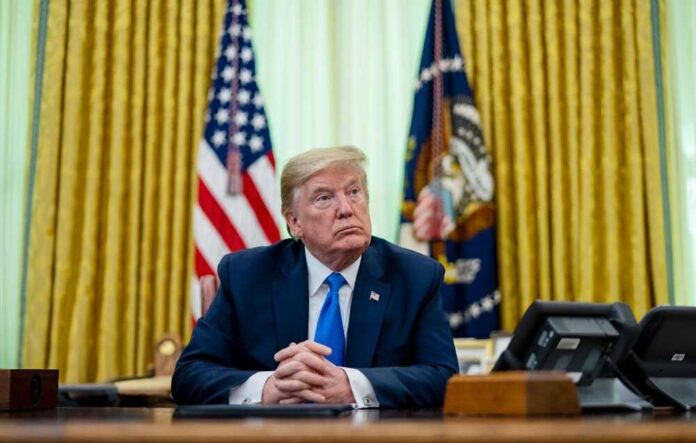A special session of the Supreme Court has been set to hear arguments about the potential prosecution of former President Trump for his actions in attempting to reverse his 2020 election defeat to President Joe Biden. Prosecutors argue that Trump unlawfully intended to influence the election outcomes via his conduct, and lower courts have rejected his claims of immunity.
As one of four criminal charges against him, Trump is facing charges in a Washington, DC federal court of plotting to annul the 2020 election. Payments of hush money to a porn actress have sparked a trial in New York.
Although it is taking longer than usual, the Supreme Court is finally hearing the case—just longer than special counsel Jack Smith had hoped. Whether the justices concur with lower courts that Trump may be tried raises concerns about the timeliness of the trial about the November election. Because no sitting president has ever been subject to criminal charges, the Supreme Court has never had to decide whether or not the president should be immune from prosecution until he leaves office.
Both sides point to the lack of prior prosecutions as evidence. His legal team argued that if presidents were aware that their acts while in office may result in criminal prosecutions after their terms ended, they would lose their independence and be unable to carry out their duties effectively. According to Smith’s staff, the absence of prior criminal accusations underscores the unprecedented allegations against Trump.
The Trump camp refers to the 1982 Supreme Court decision Nixon v. Fitzgerald, in which the court ruled (5–4) that a sitting president cannot be sued in a civil matter arising from his activities as president. The issue originated from dismissing a civilian Air Force analyst who had testified before Congress on the C-5A transport plane’s cost overruns.
Timing is at the heart of the immunity battle. Trump wants the trial postponed until after the election so that he may instruct the Justice Department to dismiss the charges if he is re-elected president. Prosecutors have urged the Supreme Court to make a swift ruling so that trial preparations may begin. There may not be enough time to start the trial before the election if the court typically announces its verdict in late June, the last month of the court’s term when the matter was debated.


















